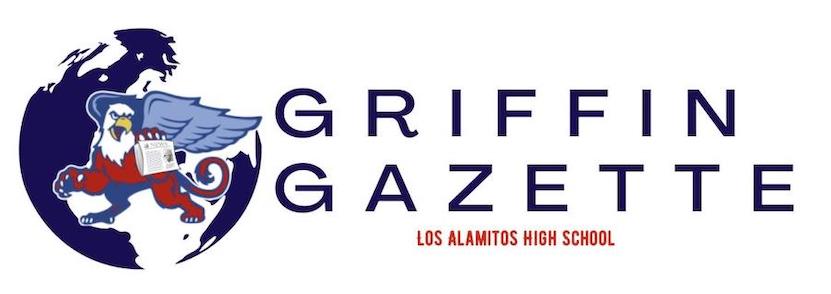Liberte, egalite, fraternite: Los Alamitos French Club
A school club that shines light upon French culture and traditions
Bouche de Noel, a traditional French cake offered during Christmas
December 22, 2022
LOS ALAMITOS, CA- Our school offers a plethora of options for non-English languages. Clubs such as Spanish and Japanese do not only teach how to speak in their respective language, but also about the culture of the language’s native countries. One of these languages is French, which has a club that features the nation and its many aspects.
French club was founded in order to promote enthusiastic awarenss for French culture. America, as well as the world as a whole, is extremely diverse. Therefore, the ability to study each other’s different and unique cultures reminds us of a sense of humanity and promotes compassion in our community. France is a nation that has years of rich history and influenced many cultures and advancements around the world. Furthermore, there is more to French culture than the stereotypes that public stigma or mass media may promote.
“Our club is a safe space for anyone that is fascinated by French culture or wants to learn more about France” said club member Kenna Dougherty.
Every nation in our planet has their own set of unique cultures, as well as significant contributions to the world. France is no different. And so, it is important for us to study how they helped advance our modern society.
“French contributions are felt throughout the world with innovations in literature, fashion, cuisine, technology, and more,” said Dougherty.
French inventors such as Louis Daguerre and his son Louis Le Prince are credited to creating some of the early versions of modern cameras. Without this French technological prowess, our favorite films, the pass time of taking pictures with friends, and even the art of photography itself would not have existed. When it comes to international cuisine, various cultural foods across the globe are also of French influence. Beignets of Louisiana, Pho and Banh Mi of Vietnam, and even popular cooking methods like sous-vide were of French inspiration.
French culture also greatly impacted our history as Americans, with the Statue of Liberty being a gift from French sculptor Frederic Bartholdi. Even French teen Marquis de Lafayette greatly assisted our nation during the Revolutionary War and helped us gain our independence. Additionally, French philosopher Voltaire inspired the modern ideals of free speech and religious freedom that serve as the cornerstone to our modern definition of liberty. Overall, these French ideas that were offered to the world go in line with the nation’s motto, “Liberte, Egalite, Fraternite”. In the end, this makes French Club’s promotion of the nation’s culture all the more important to understanding where much of our modern values come from.
However, in order to clearly comprehend French culture, the club holds various events to help its members connect to the country’s traditions. A majority of French influence in the world comes from culinary practices, so the club activities mostly center around sharing French baked goods. Yule log cakes, also known as Bouche De Noel, are offered at the events such as Christmas Eve. Other French foods such as La Galette de Rois is offered during the holiday of King’s Day, which is celebrated in early January.
Lastly, French Club is about more than focusing on the culture of the country. Rather, it serves as a bigger message about learning of other countries as a whole. As mentioned earlier by Dougherty, many people cling onto the negative stereotypes that are held against certain groups of people. This happens to every nation in the world, and France is no different. In our society, many may hold negative stereotypes or prejudice against France due to their surrender to the Nazi invasion during World War 2. This lead to the widespread belief that all French were cowardly, thus giving birth to the stigma held against the nation.
In spite of this, a lot of Frenchmen defy this prejudice and proved that their country is no less than any other. The citizens of the country became part of the French Resistance, who fought against the Nazis even during occupation. Even more exiled Frenchmen fought for their fatherland throughout the war, especially as members of Free France. Even if we look away from the historical era that France is often mocked for surrenduring in, their contributions to our society as a whole still lingers to this day. This is the main idea that French Club is trying to promote. Taking the time to study their culture and participate in it may conjure a new interest in a set of traditions that is yet to be discovered.








Katie A. • Dec 22, 2022 at 8:12 pm
French Club is super fun! (And you get to try different amazing foods!) Thank you for featuring this club!